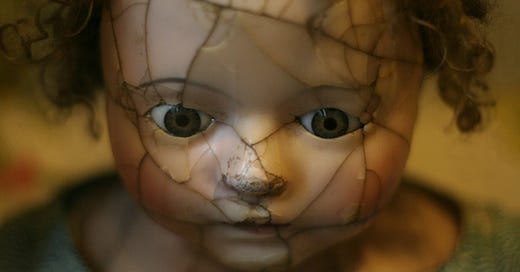The Best of Jesus for the Worst in Us
Why the worst failures of the Bible's "heroes" are the best news for everyone
Becoming like Jesus Christ—or what Scripture calls sanctification—is a challenge.
No matter how much we grow and improve over time—no matter how much more loving, joyful, peaceful, patient, kind, good, faithful, gentle, and self-controlled we are this year compared to last year (Galatians 5:22-23)—we rarely make progress in our character as much as we ho…
Keep reading with a 7-day free trial
Subscribe to Scott Sauls Weekly to keep reading this post and get 7 days of free access to the full post archives.




